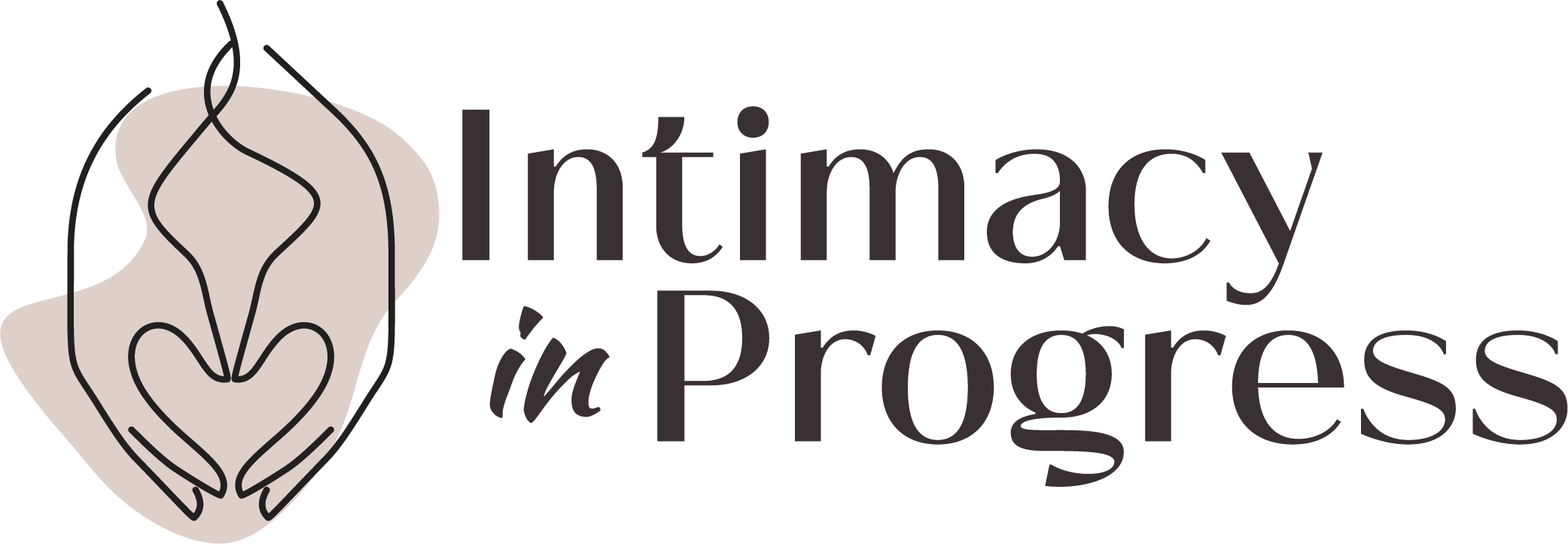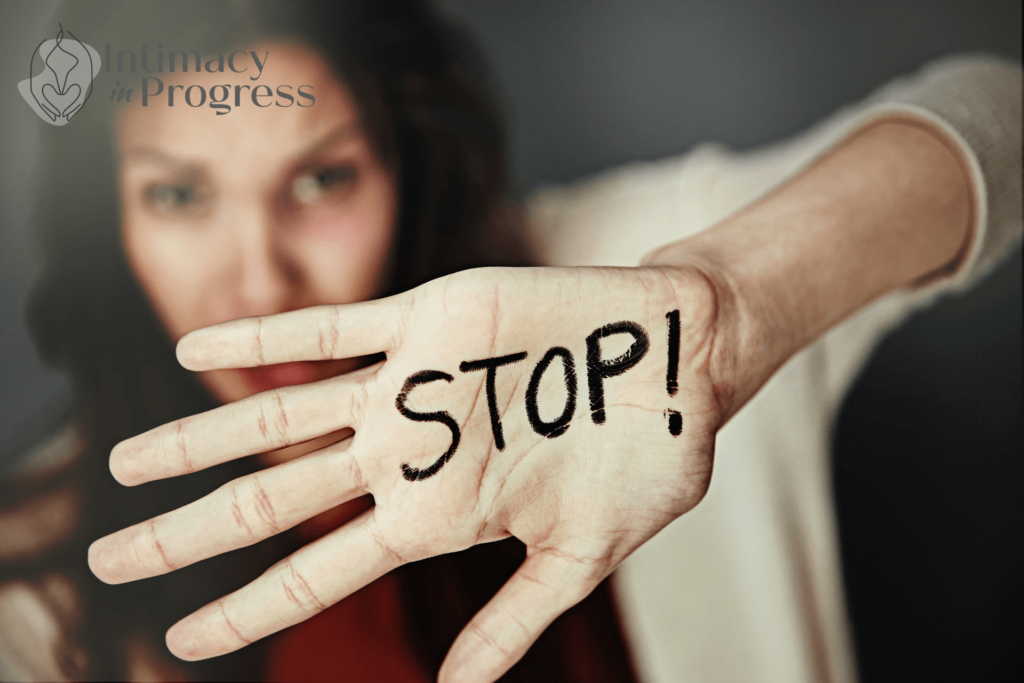Let’s be clear—words matter. They are, after all, how we make sense of our world, how we define our pain, and how we find connection in shared experiences. And when it comes to abuse terminology—words like gaslighting, narcissistic abuse, DARVO—those words have carried weight, gravity.
They have given survivors the ability to name what was once unnameable. But lately, those words are being tossed around like confetti at a party where nobody’s checking the guest list. And that’s a problem.
When Everything is Abuse, Nothing is Abuse
Once upon a time, someone watched Gaslight (1944) and thought, “Ah, yes. The perfect term for psychological manipulation.” It was an aha moment for survivors of emotional and mental abuse. Suddenly, people who had spent years being made to doubt their own reality had a word to validate what they had endured. It was powerful. It was important. And then came the internet.
Now? A barista forgets to put oat milk in your latte, and suddenly, they’re gaslighting you. A customer service rep follows corporate policy, and you claim you’re being DARVOed. Your sibling disagrees with your opinion on politics, and now they’re a narcissistic abuser. It’s as if the entire lexicon of trauma has been repurposed for minor inconveniences and everyday disagreements. And here’s the thing—that’s dangerous. Because when words that should carry the weight of true psychological harm are diluted, the people who actually need them become invisible.
The Real Victims Pay the Price
Let’s talk about what happens when we misuse these terms. First, it trivializes real abuse. When someone who has spent years trapped in a cycle of manipulation, gaslighting, and emotional degradation tries to articulate their experience, but that same language has been co-opted to describe a heated debate at a dinner party—it diminishes their reality. It makes it harder for survivors to be taken seriously. And when a word loses its meaning, so does the weight of the experience it represents.
Think about it: when everything is trauma, then nothing is trauma. When you label every disagreement as emotional abuse, you blur the very real difference between a tough conversation and a toxic relationship. Not all conflict is abuse. Not all defensiveness is DARVO. And not everyone who hurts your feelings is a narcissist.
The Unintended Accusation
Here’s the other problem—words have consequences. Let’s say you’re in a disagreement with a friend. Maybe they interrupt you, maybe they challenge you, maybe they just don’t see eye to eye. The moment you throw out “You’re gaslighting me,” you’re not just making a point. You’re making a character judgment. You’re saying, You are systematically trying to manipulate me into questioning my own reality. That’s a serious accusation.
In a world where labels stick, where words have power beyond the moment, calling someone an abuser—when they are not—isn’t just inaccurate; it’s harmful. You are painting them as unsafe, manipulative, and toxic, when in reality, they may simply be expressing a different perspective. And while true abusers thrive on these tactics, a disagreement, a miscommunication, or even a mistake doesn’t make someone your oppressor.
Social Media: The Wild West of Psychological Terminology
Let’s not ignore the role that social media plays in this linguistic free-for-all. TikTok therapists and Instagram slideshows have made therapy speak ubiquitous. Everyone is diagnosing everyone. We’ve become armchair psychologists, throwing around clinical terms without context, without training, without caution.
But let’s ask the real question: Are we genuinely seeking understanding? Or are we just using these words as social currency, a way to win arguments, to shut people down, to justify cutting ties? There’s a difference between calling out harmful behavior and using psychological jargon as a weapon. And right now, the line between the two is getting dangerously thin.
So, What Do We Do?
First, let’s bring some discernment back into the conversation. Ask yourself: Is this actually gaslighting? Or is it just a disagreement? Is this person really a narcissistic abuser? Or do they just have an ego? Am I being DARVOed? Or are they just defending themselves? Context matters. Intent matters. And most importantly, patterns matter. Abuse is not a one-time offense; it is systematic, intentional, and sustained.
Second, let’s remember that therapy is a tool for self-reflection, not a handbook for diagnosing the world around us. If you find yourself seeing abusers everywhere, it may be worth exploring whether past trauma is influencing your perception of present relationships. Because while it’s essential to recognize and name harm, it’s equally important not to project it where it doesn’t exist.
Use Your Words Wisely
Language is powerful. It shapes how we see the world and how we navigate our relationships. The rise of accessible psychological terminology has been a double-edged sword—it has given voice to survivors, but it has also created an environment where those words are often misused to the point of losing meaning.
So, let’s be mindful. Let’s reserve terms like gaslighting, narcissistic abuse, and DARVO for the situations where they actually apply. Let’s acknowledge that conflict does not equal harm. Let’s not allow an overuse of these words to undermine the very real struggles of those who desperately need them.
And maybe, just maybe, let’s stop diagnosing our Uber drivers.





